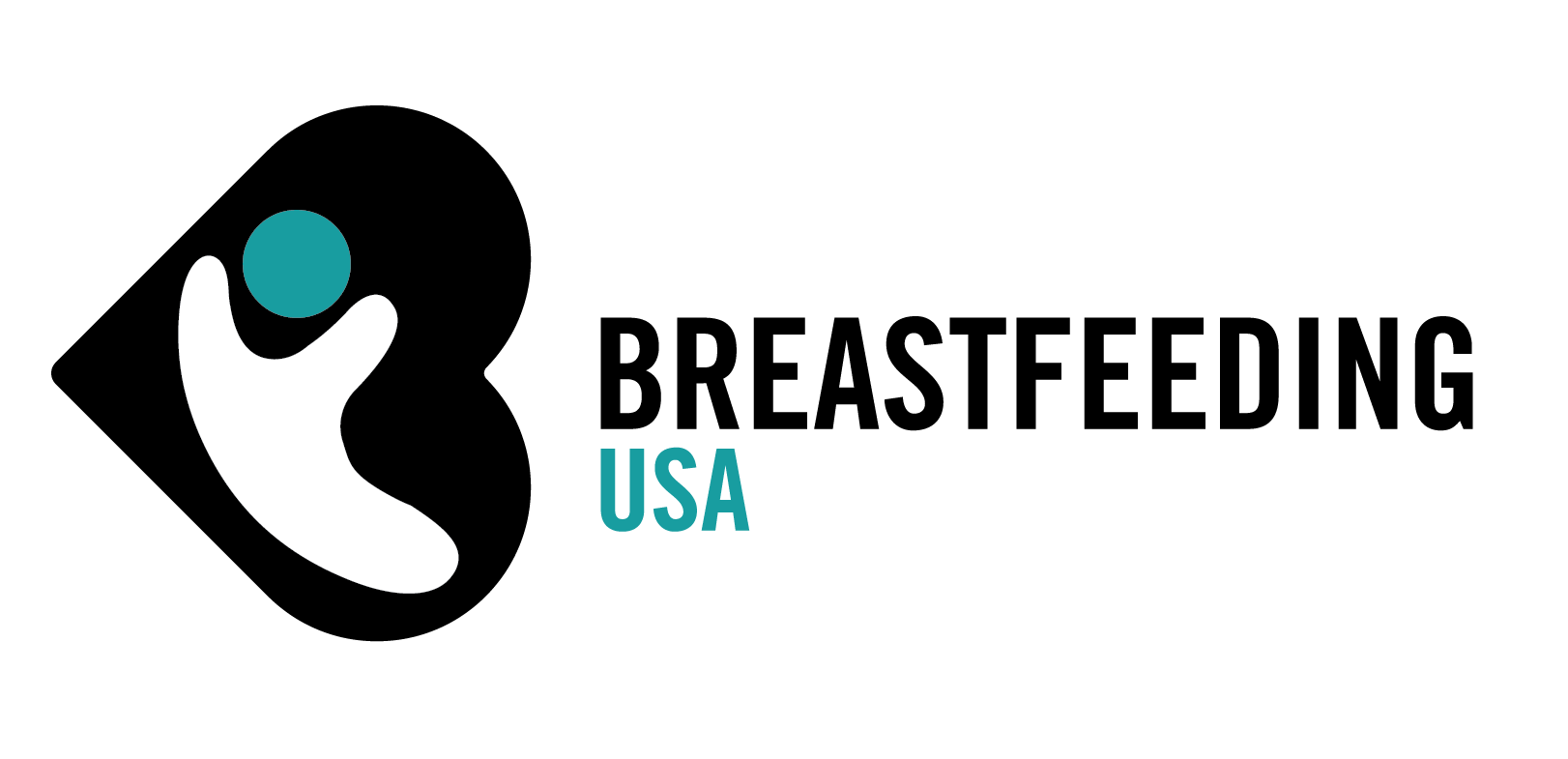By Genevieve Thomas Colvin, IBCLC
“Breast is best” is a standard advocacy mantra, but what does the research and evidence actually say? In reality, breastfeeding is just normal – it doesn’t confer magical properties and make babies and mothers superhuman. What research actually shows is that when a baby isn’t breastfed, the baby is at higher risk for acute and chronic health conditions.1
It can really shake one’s confidence to read headlines like “Is Breast Truly Best?”2 As Breastfeeding USA Counselors, we agree to provide evidence-based breastfeeding information and support, and to promote breastfeeding as the biological and cultural norm, but this article questions the importance of breastfeeding. Here are some things to consider when using research:
- Use systematic reviews or meta-analyses: This type of research evaluates multiple sources, excluding research with poor methodological study design. A great example of this type of research is the Agency for Healthcare Research and Quality (AHRQ) study by Ip, entitled “Breastfeeding and Maternal and Infant Health Outcomes in Developed Countries.”4 Let’s look at the research on ear infections (otitis media) from the AHRQ report. A breastfed infant has a 44% chance of getting an ear infection in the first year. A formula-fed infant has an 88% chance of getting an ear infection. It is the act of formula feeding that doubles the risk of ear infections.
Another important example from this research concerns mother’s weight loss. Many mothers are told that if they breastfeed, they will lose more weight. The research is actually inconclusive on this statement, because there are so many confounding variables that could impact postpartum weight loss. We do know that mothers burn additional calories while they are breastfeeding (see AAP Policy 5 statement), but those calories can easily be undermined by excessive eating and not exercising.
At the end of this article, you will find more examples of this type of research. - The Breastfeeding USA Statement on Breastfeeding6 is research and evidence based.
- Here are some talking points to consider for the article “Is Breast Truly Breast”:
* The researcher is a sociologist and did an excellent job of analyzing data from a large ongoing national survey. The data was collected during a time when exclusive breastfeeding in the US was low.
* The study confirms the benefits of breastfeeding across a broad population, identifying that children who were breastfeed fared best on 10 out of 11 measures.
* The study continues to state that when testing within families, the benefits of breastfeeding were not statistically significant. (This doesn’t mean that it isn’t good, just that they didn’t find a statistically significant difference in the population measured.)
* The study’s definition of breastfeeding is poorly defined.
a. Any child who was breastfeeding for any duration is included in the breastfeeding measure, regardless of exclusivity or duration.
b. The question of duration of breastfeeding is not indicated clearly in their study. Data on the number of breastfed children appear to be missing. - The study’s limitations indicate that there may be retrospective bias that may alter results – this is stated in the self-evaluation of the research.
- Public health recommendations are based on the broad benefits of a health behavior, not individual family benefits. (Statistical rather than anecdotal evidence.)
- Breastfeeding is the normative feeding behavior, with clear biological benefits, especially during the infant years. This study did not take into account those important benefits.
- The author’s main goal seems to be to advocate for better resources for mothers who typically have lower breastfeeding rates. They seem to assume that advocating and supporting breastfeeding are somehow incompatible with other initiatives, such as improving child care access and improving maternity leave. Breastfeeding advocacy is completely compatible with other social initiatives that support mothers and healthy child development.
- The US Surgeon General’s Call to Action to Support Breastfeeding 7 specifically addresses mothers’ and babies’ child care and employment needs, with corresponding research.
The bottom line on the evidence, as stated by the US Surgeon General, is that “everyone can make breastfeeding easier.”
Supporting mothers is the most important goal!
References
1. Stuebe, The Risks of Not Breastfeeding, http://www.ncbi.nlm.nih.gov/pmc/articles/PMC2812877/
2. “Is Breast Truly Best?” Estimating the Effects of Breastfeeding on Long-term Child Health and Wellbeing in the United States Using Sibling Comparisons” by Cynthia G. Colen, David M. Ramey. http://ybreast.com/comingsoon/wp-content/uploads/2014/03/Sibling-Study.pdf
3. Breastfeeding USA Purpose Statement https://breastfeedingusa.org/content/purpose
4. Ip, AHRQ, http://archive.ahrq.gov/downloads/pub/evidence/pdf/brfout/brfout.pdf
5. American Academy of Pediatrics Policy Statement http://pediatrics.aappublications.org/content/early/2012/02/22/peds.2011…
6. Breastfeeding USA, “Statement on Breastfeeding”. https://breastfeedingusa.org/statement-breastfeeding
7. US Surgeon General’s Call to Action, http://www.surgeongeneral.gov/library/calls/breastfeeding/index.html
Genevieve Thomas Colvin, IBCLC
Genevieve is an expert on Breasfeeding legislation in California and advocate on the national level. She is an IBCLC and has provided mother-to-mother support for breastfeeding mothers since 2007.
Copyright Breastfeeding USA. All rights Reserved. August 2014
